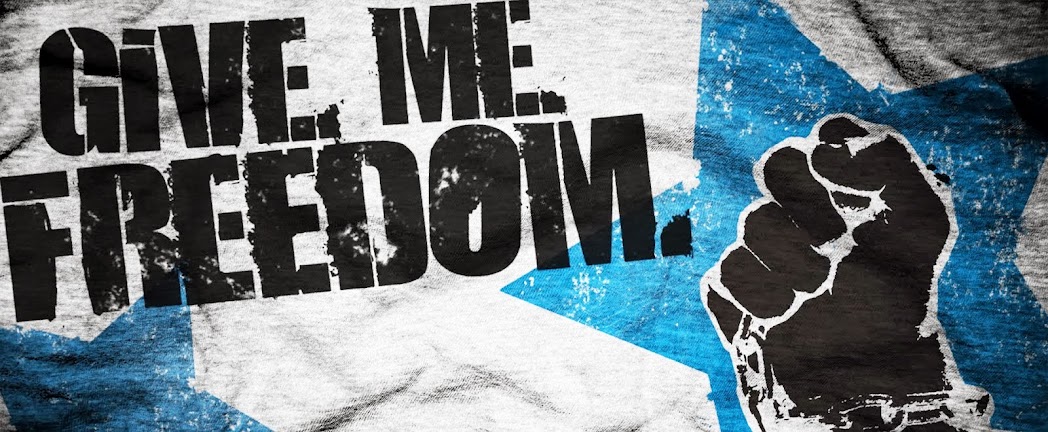Moussavi: Shah's 'tyranny' continues in Iran
Tehran, Iran (CNN) -- Mir Hossein Moussavi, the Iranian
opposition leader and symbol of anti-government fervor, lashed out
against Iranian authorities on Tuesday, saying remnants of the "tyranny"
and "dictatorship" that prevailed under the toppled Shah of Iran's
regime persist today.
"In the early years of the Islamic
Revolution, most people were convinced that the structure of the
revolution would destroy the past political situation of tyranny and
dictatorship, and I was one of them who believed that," said Moussavi, a
former prime minister.
But now, he said, he no longer believes that.
"The
current political situation in Iran indicates the presence of the
remaining roots of tyranny and dictatorship of the Shah," whose regime
was overthrown in 1979 and replaced by an Islamic republic led by
Ayatollah Ruhollah Khomeini.
"I don't believe that the revolution
achieved its goals," said Moussavi, speaking out forcefully as the
tensions over Iranian politics continue.
The regime is marking
the anniversary of the shah's overthrow with a series of events that
began this week and culminate on February 11. Moussavi and Mehdi
Karrubi, another Iranian opposition leader, have urged supporters to
demonstrate.
Those celebrations coincide with Iranian trials and
executions of street protesters who demonstrate against the June 12
presidential election victory of incumbent Mahmoud Ahmadinejad. In the
final results Ahmadinejad was declared the winner over Moussavi, a
result seen by many Iranians as questionable or rigged.
The
initial protests broke out last summer and have persisted. In late
December, at least seven people were killed and hundreds arrested,
witnesses said, as they took to the streets on Ashura, a Muslim holy day
which occurred on December 27. Moussavi's nephew was among those killed
during those protests.
The Iranian government has denied that its security forces killed anyone and has blamed reformists for the violence.
Police have arrested 4,000 people in the post-election crackdown.
Moussavi,
who made his Web site comments in a question and answer format, said an
Iranian government that reflects "dictatorship in the name of religion
is the worst kind" and he added he has lost hope "that the revolution
had removed all those structures which could lead to totalitarianism and
dictatorship."
"The most evident manifestation of a continued
tyrannical attitude is the abuse of parliament and judiciary. We have
completely lost hope in the judiciary," he said.
"Stifling the
media, filling the prisons and brutally killing people who peacefully
demand their rights in the streets indicate the roots of tyranny and
dictatorship remain from the monarchist era."
The semi-official
Fars news agency reported Tuesday that Iran will soon execute nine more
people in connection with the country's post-election riots. The nine
are among 11 who were sentenced to death by Tehran's Revolutionary Court
last month.
Iran vows to execute protesters
Two
were hanged last week, and a senior judiciary official was quoted as
saying "the two people who were executed as well as the other nine who
will soon be executed had certainly been arrested during the recent
riots.
"Each had belonged to an anti-revolutionary group, had aspired to sow dissent and to uproot the regime," the official said.
Moussavi
also praised the grass-roots Green opposition movement. But he said
while protesters should vent their opinions, they should follow law and
not overstep legal bounds. Any law-breaking would hurt the reform
movement, he said.
"The ultimate goal is to move toward an
independent, free and united Iran. Women and men of all cultures,
classes and ideas should have opportunities," he said. "The Green
movement stands for human dignity, open ideas, diversity and freedom of
expression."
Moussavi hasn't been arrested since the protests
began, but he is facing the wrath of an establishment targeting
reformers like him. At the same time the regime is risking even further
civil unrest if it takes him into custody.
Recently, Iran's
parliament asked authorities to arrest "the main instigators and
directors" of violent anti-government protests, the state-run Islamic
Republic News Agency reported Wednesday, the same day massive
pro-government rallies were held in Tehran and other cities.
Legislator
Hassan Noroozi named three people he said "must be arrested" --
Moussavi, Karrubi, and Fa'ezeh Hashemi, daughter of the former reformist
president, Ayatollah Akbar Hashemi Rafsanjani.
"They must not
remain on the sidelines and be safe," Noroozi said. "Those who issue
statements and invite people to create chaos in the streets and attack
one another must be dealt with according to Islamic laws."
Pro-government crowds demonstrating in Tehran have chanted "Death to America," "Death to Israel," and "Death to Moussavi."
Noting
the pressure and threats in the highly-charged political environment,
Moussavi has said on his Facebook page that he is ready for "martyrdom."
